- About us
- Support the Gallery
- Venue hire
- Publications
- Research library
- Organisation chart
- Employment
- Contact us
- Make a booking
- Onsite programs
- Online programs
- School visit information
- Learning resources
- Little Darlings
- Professional learning
Margaret Robertson (née Whyte, 1811–1866) married colonial Tasmanian businessman and landowner William Robertson in Hobart in September 1834. Like Robertson she was of Scottish origin, her parents George and Jessie Whyte arriving in Van Diemen’s Land as free settlers in 1832. The Whytes settled near Melton Mowbray, where William Robertson and his brother John also had land. After their marriage William and Margaret resided in Hobart, where their seven children were born and where William ran a successful business as an importer and trader in silverware, crockery and other household wares. At the same time, he was becoming increasingly involved in the expansion of pastoral activities in the Western Districts of Victoria, having been among the investors who funded John Batman’s explorations of Port Phillip in 1835. By the late 1840s he had amassed considerable Victorian holdings, enabling him to retire from his Hobart business in 1852. In the early 1860s he and Margaret relocated permanently to his property near Colac, Corangamarah, later known as The Hill.
The Melbourne studio Batchelder & O’Neill was a partnership between the Boston-born brothers Perez, Freeman, Benjamin and Nathaniel Batchelder and Daniel O’Neill, who is believed also to have been a Massachusetts native. All of them arrived in Victoria in the 1850s. Perez Mann Batchelder had worked as an itinerant daguerreotypist on the Californian goldfields in the early 1850s. Benjamin had worked with him there for some time. By 1854 Perez was in Melbourne; he opened a studio at 57 Collins Street and was joined by Benjamin and the remaining two brothers in February 1856. Benjamin and Nathaniel started a branch of the firm in Sydney, but this closed when Nathaniel died in 1860. Benjamin thereafter worked in Bendigo. Meanwhile, the Melbourne side of the business had been operating as Batchelder & O’Neill since 1857, initially trading as ‘Batchelder & O’Neill’s Daguerreotype and Collodion Portrait Rooms’ but subsequently becoming known for their cartes de visite. In 1863, for instance, it was noted that ‘Messrs Batchelder and O’Neill, the well-known photographers, of Melbourne,’ had produced cartes of Sir Charles Darling, the incoming governor. ‘As specimens of photographic art the portraits are very creditable’ it was reported, ‘and we have no doubt they are very good portraits.’
Collection: National Portrait Gallery
Gift of Malcolm Robertson in memory of William Thomas Robertson 2018
Donated through the Australian Government's Cultural Gifts Program
Malcolm Robertson (16 portraits)



On one level The Companion talks about the most famous and frontline Australians, but on another it tells us about ourselves.
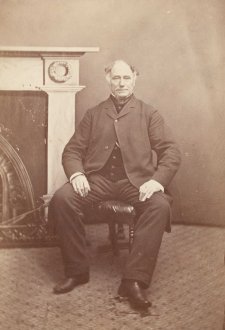
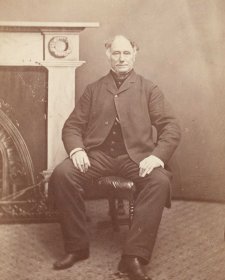
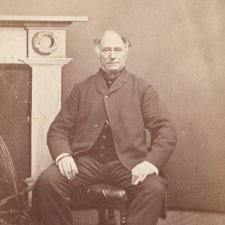
20 July 2023
To celebrate his family bicentenary, Malcolm Robertson looks at the portraiture legacy left by his ancestors.
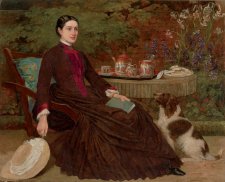
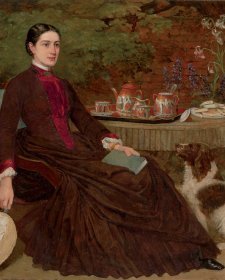
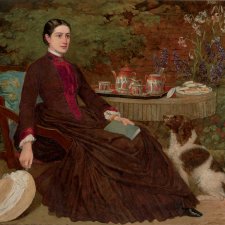
Malcolm Robertson tells the family history of one of Australia's earliest patrons of the arts, his Scottish born great great great grandfather, William Robertson.